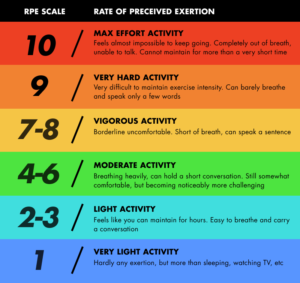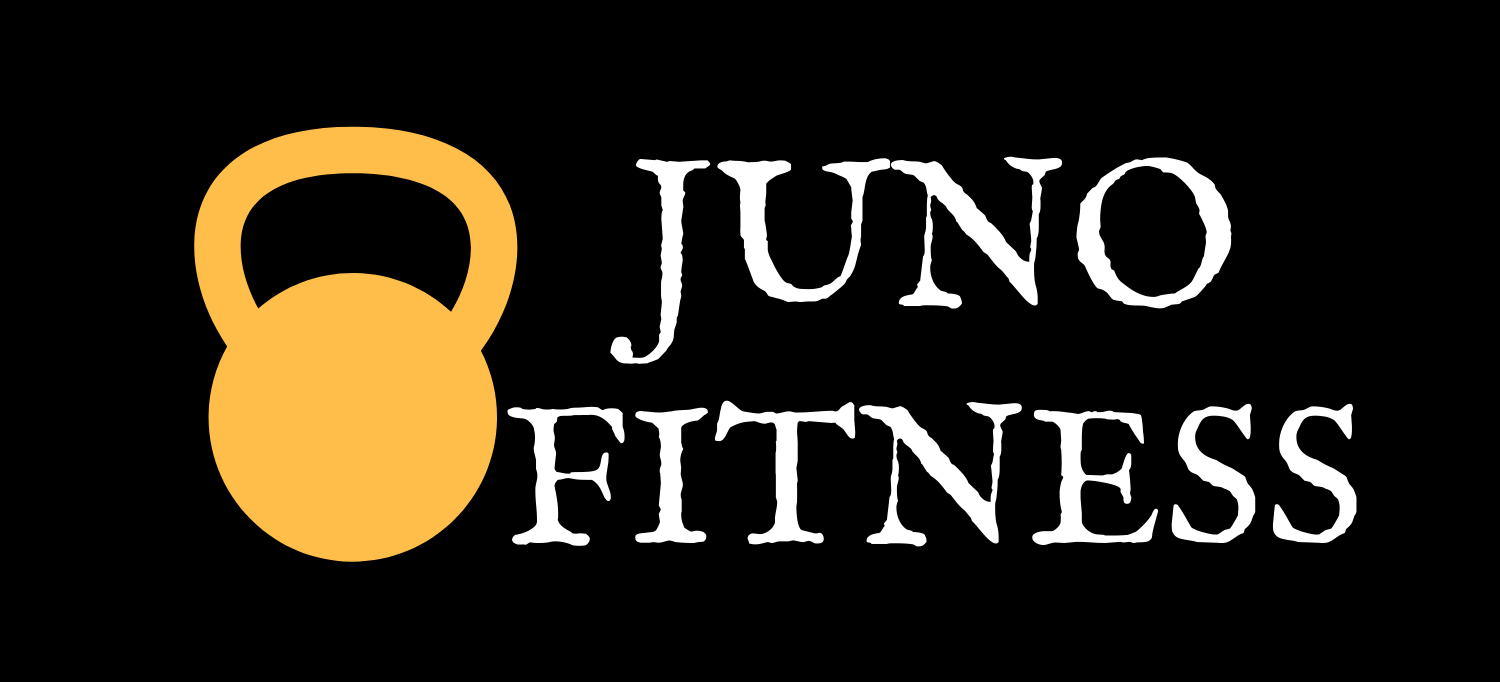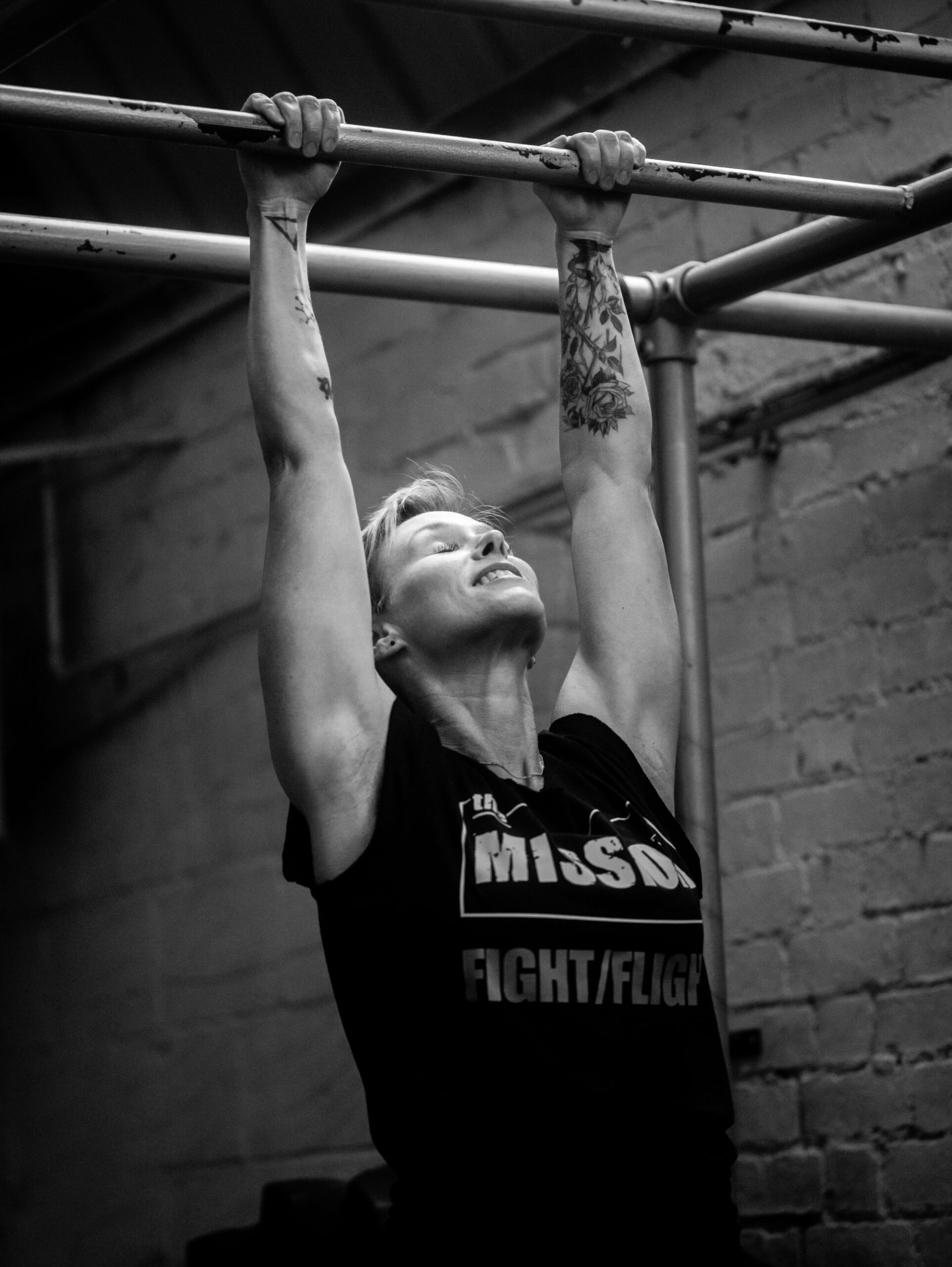If You Took Some Steps Without Wearing Your Fitness Tracker, Did You Really Take Them?
Life is so full of all the things around us, technology and media and people – so much noise! – telling us what we should do, when and how much we should eat, and how we should think and feel about ourselves based on that. Our fitness trackers can be a great asset for data collection, but when we over-rely on them we risk losing sight of the bigger picture, or creating a negative loop of self-judgement.
Our fitness trackers don’t know when life has to get in the way of the goals that are set on them, and for some of us, their numbers and colours telling us whether we’ve met our targets can be triggering rather than motivating.
There comes a point when you might find that it’s time to step away from your fitness tracker and instead track your own fitness.
When was the last time you closed your eyes and worked out how you actually feel – the sensations on your skin, your energy levels, your breathing rate, your temperature, your stress levels, how hungry or full you are, by yourself, without being told what you feel, or without expectation or judgement? If it’s been a while, give it a go.
Maybe you find that if you don’t reach the target that’s been set on the technology that you wear, it makes you feel like you’ve failed. But maybe on the days when you don’t close the circle or make everything green, those days were when you had an ill child to tend to, or a huge work task you needed to get done. Those weren’t days to feel bad about yourself. You did awesome humaning on those days.
Have you ever forgotten to tell your fitness tracker when you’re about to do a training session, and then panicked because calories/active minutes or whatever, won’t have been tracked? Did you forget how full of endorphins you felt after the workout for hours afterwards and how much energy and mental clarity it gave you after a stresful morning?
Do you rely on something to tell you when to eat, how much to eat, or how little you’ve got left that you’re “allowed” to eat?
READ THAT BACK AND THINK ABOUT HOW F*ed UP THAT SOUNDS.
Because if you rely on your fitness tracker to tell you how well you’re doing at being a human, that’s probably a sign that it’s time to detach a little bit from it.
For a lot of people, a fairly hefty portion of our brain space is taken up by the addictive nature of the apps and technology that we. A red notification telling us that one of our apps requires our attention is addictive; it’s forcing us to react and gives us a mini dopamine shot.
The way that we have to continually scroll to refresh our social media feeds copies gambling methods to create psychological cravings (really). When there’s something new on our screens after we refresh, we get a mini dopamine shot again, and we become addicted to those low-level hits.
And did you know that tech apnea is a thing? It refers to the way that we subconsciously hold our breath when we’re reading and sending messages or scrolling social media. Our phones can literally stop us from breathing normally.
So, when you’re physically interacting with the world (my fancy pants way of saying moving around, either intentional exercise or just getting from A to B), you’ve always got the choice to detach from screen technology and really feel how it feels to be a human, without some numbers or circles or colours on a screen telling you how you should be feeling.
I once had a fitness tracker. It made me feel shit about myself if I hadn’t taken enough steps, proud of myself for using more energy than the day before (which is mad, when you look at it like that), and slightly obsessive about how many hours sleep it told me I’d gotten – or not gotten. I soon gave up. I didn’t need a watch to tell me that I was tired. I knew when I was tired (I’ve had three babies, I know what tired feels like!) Surely, if I know when I’m tired, I probably also know when I’ve done enough exercise, and eaten enough food, right?
I came to the conclusion that the time I spend being bossed around by technology needs to be ALLOWED by me, rather than me being at its mercy. When I’m communicating with people, or using social media, or using anything else on my phone/annoying device that answers my questions with “I’m sorry, I don’t know that” or puts random music stations on, it is the EXCEPTION rather than the norm of how I spend my time.
Because my default mode is human. So, when I’m doing my human things, like moving and lifting and eating and looking at the sky and generally just enjoying my humanness, I don’t want technology to follow me and tell me that I’m not humaning well enough.
So, what do you say, do you want to be more human?
Here are 5 ways you can track your own fitness without using a fitness tracker:
1) Decide on what exercise or training you want to do based on what you love to do with your body and what cool and useful things you want your body to be able to do. This means find a goal related to ability, performance and/or pleasure rather than because you need to hit a number on an app.
If you love running, go running. If you only have an hour a day to be active, make it count. If you lead a really active life anyway, make your rest time count.
Strength is vitally important if you want to be able to do things with your body for longer, (like being less fragile and easily injured, getting up off the floor – an underrated skill! and sitting down on the toilet without help when you’re old). Until then, pull-ups are the coolest thing in the world to be able to show off with if you need a goal. Just saying…
2) If you need to know if you’re working hard enough, here’s an intuitive way you can do that and plan it into your time. Pay attention to your rate of perceived exertion (See below scale)
You can aim to spend some time in each of these modes every week. Intentionally increasing the amount of time you spend in the top half of this graph will keep you moving closer to becoming superhuman and feeling more alive.
Think of it like a pyramid; you won’t be able to spend long at 10, but you’ll probably hang around in 1-2 most of the time. Intentionally aim to spend some time in all of these modes and you’ll make yourself better at being in them.

3) Recovery – Ask yourself a few questions: how awake did you feel 30 minutes after getting up? Are your muscles so sore that they are affecting your movements? How excited are you about your training today? (if you’re never excited about movement, you’re either under-recovering, need to find a new training method OR not ready to be reading the things that I talk about!) How difficult did you find your warm-up? All of this should tell you how hard you should be training/moving today, and you can adjust your training session accordingly.
4) Steps taken/time active – Login to your memory (don’t forget the password) How long did you have today to move around and do intentional exercise and out of that time, how much of it did you actually spend doing it? More? Great, now rest and recover. Less? It happens. Try planning it into your days and weeks and keep it high on your priority list. Movement is a privilege. It’s something you get to do, not something you have to do.
Never miss a chance to stand up or squat 😉
5) Calories burned – here’s a biggie. Well firstly, are you hungry? Have some food. Are you not hungry? Wait until you are, then have some food. But that’s an oversimplified version of what is known as intuitive eating, which is something that we work on a lot at Juno Fitness. Here’s a basic way of thinking about it; spend the day with one year old and watch how good they are at deciding when, what and how much to eat. Babies are born with highly sensitive awareness of their own hunger and fullness. If they’re hungry, they don’t ignore that and decide to think about it later so they don’t take in much energy. No! They loudly let us know that they’re hungry! Nor do they keep eating when they’ve had enough of something. In my experience, they throw it on the floor instead. (Maybe don’t copy that part!) Also consider this, you wouldn’t congratulate a plant for consuming less sunlight than they need or punish it by putting it in the shade when it’s had too much, so stop congratulating yourself for what essentially amounts to the same thing.
Some exceptions to what I’m saying:
Data collection about your health is useful. I’m not saying that it isn’t. What I am saying is that too much data can affect our mental health, stop us from enjoying our bodies and intuitively understanding our activity, rest, hunger and fullness levels. If you find yourself over-relying on technology at the expense of your mental health, it might be time to step away from your fitness tracker and step towards a more intuitive approach.
So here’s a final question (or three) for you to think about. Are you doing things because you can and you enjoy it? Or are you doing things because you’ve been told that you should or because something has put you in a place of guilt?
Which type of human do you want to be?



